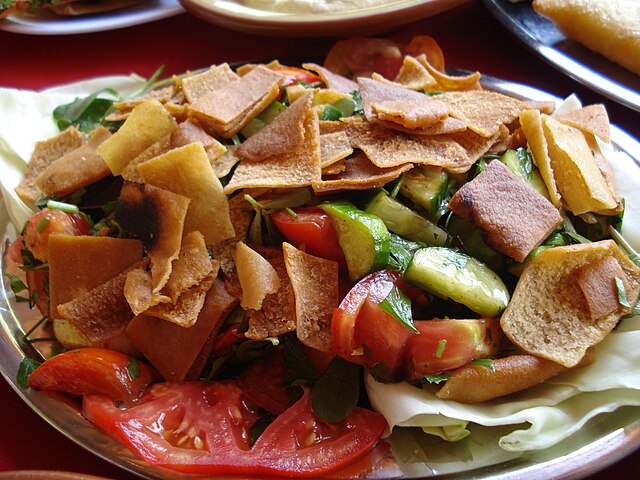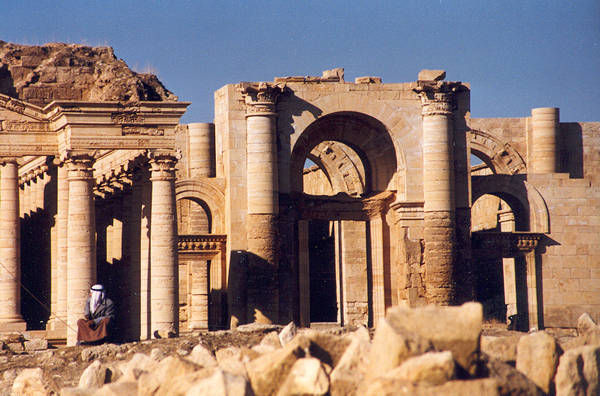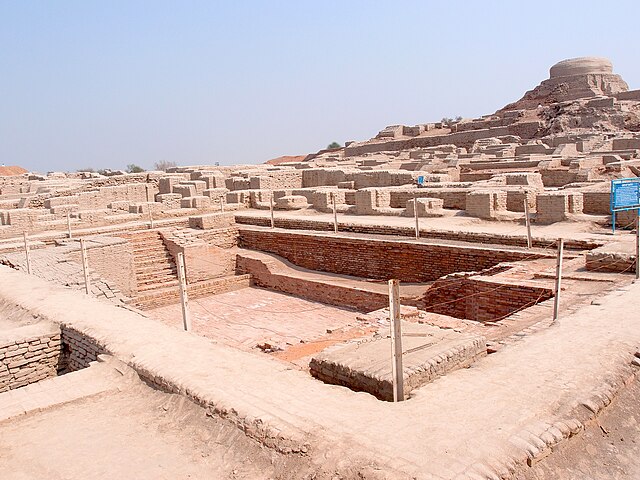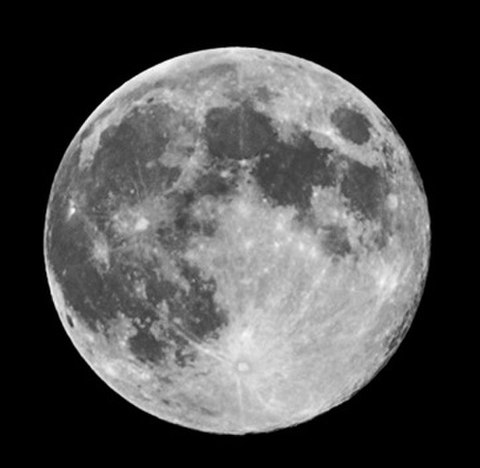Let's keep learning about the respiratory system! Last time we learned a little about the lungs.
The trachea is also known as the windpipe, and it is the part of your throat that is like a tube that carries air from your mouth to your lungs.
You can feel your windpipe, it is in the front of your neck and feels like a big tube.

(from: wikipedia - vertebrate trachea)
Kid Facts - Blast from the past: Foot Phalanges







